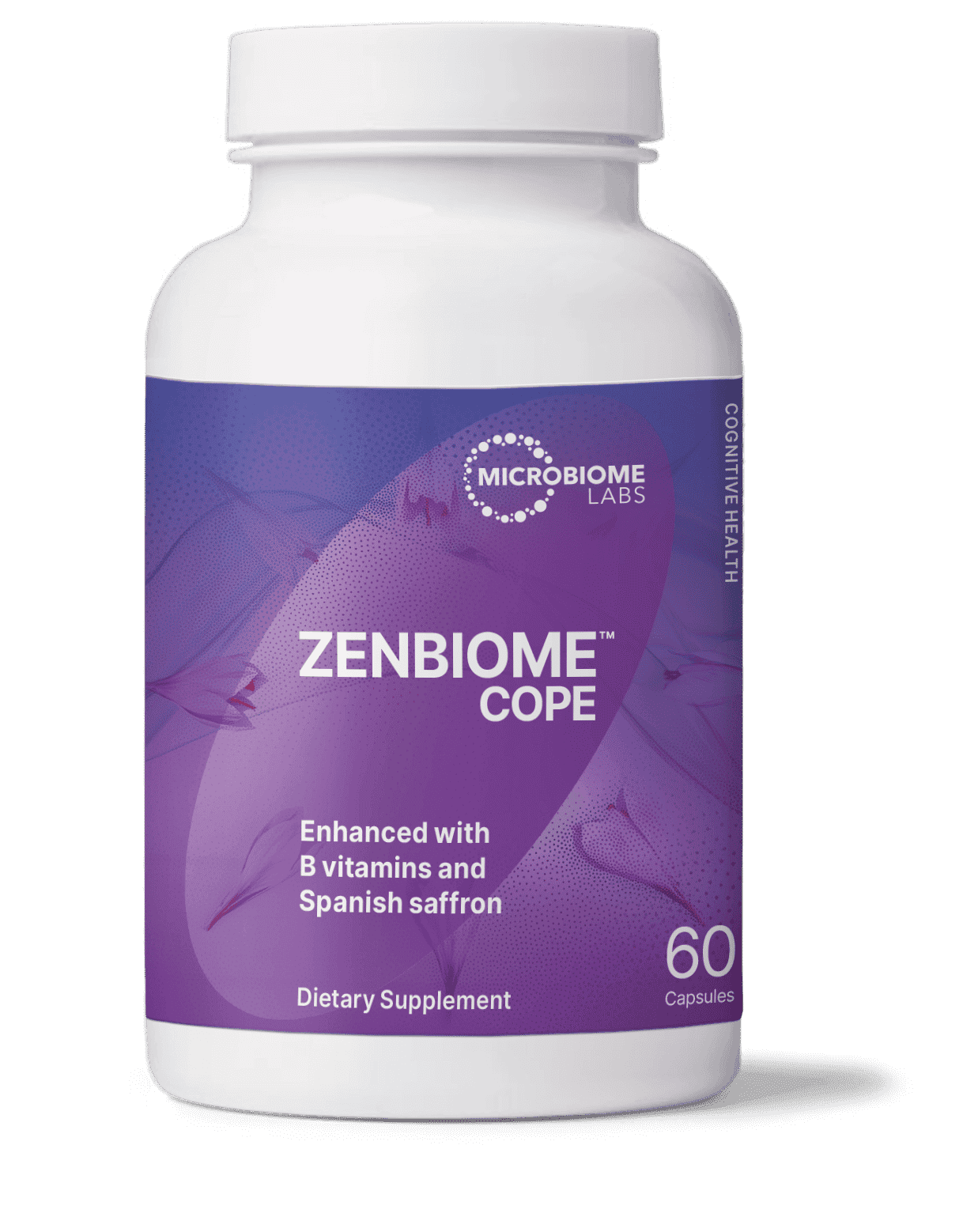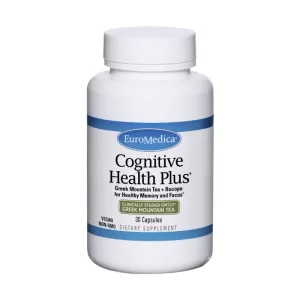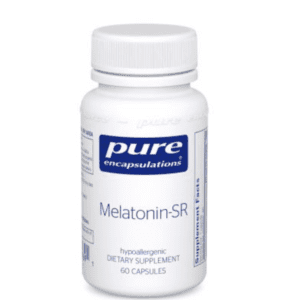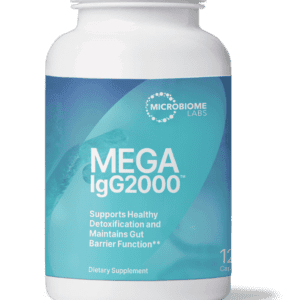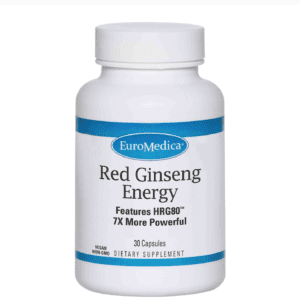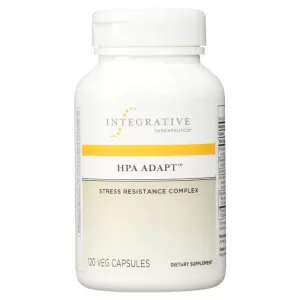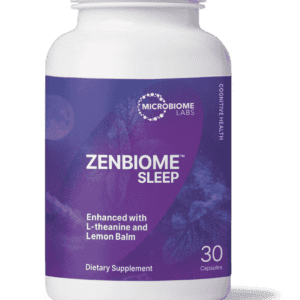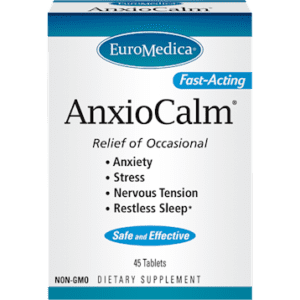Product Description
Psychobiotic Probiotic to Support Balanced Mood, Helps with Occasional Stress
Clinically Studied Unique Strain of Bifidobacterium longum — 1714™ Strain Combined with B Vitamins and Saffron
Zenbiome COPE is a psychobiotic powered by the 1714 strain, a unique strain of Bifidobacterium longum with an exopolysaccharide clinically shown to support a balanced mood, maintain optimal vitality, and help with occasional stress.
Zenbiome COPE is further enhanced with B vitamins and Spanish saffron to further support the gut-brain axis.
What is a Psychobiotic?
“Psychobiotics are defined as probiotics that confer mental health benefits to the host when ingested in a particular quantity through interaction with commensal gut bacteria.”
— from “Psychobiotics: Mechanisms of Action, Evaluation Methods and Effectiveness in Applications with Food Products,” Nutrients, 2020
The Gut-Brain Axis and the Psychobiome
The gut-brain axis, a bidirectional communication between gut microbiota and the central nervous system (CNS), may play a role in cognitive function, digestion, and mood.
Studies show that 80-90% of the fibers in the vagus nerve are linked to the gut, providing a physical link through which the gut microbiota communicate with the brain.
Relatedly, the term psychobiome is used to describe the interaction between a person’s collective microbiome and their mental state.
A diverse and balanced microbiome can help maintain the gut-brain axis. A psychobiotic is used to describe the commensal bacteria that play a role in the gut-brain axis and support brain health.
1714™: A Trail-blazing Psychobiotic — the Research
1714™, a unique strain of Bifidobacterium longum, is an up-and-coming psychobiotic that can help support the management of occasional stress and its biochemical expression within the human body.
This psychobiotic exerts its effect by targeting the HPA axis to support healthy cortisol levels. 1714™ may support mental health, cognitive process, neurotransmitters, and overall feeling of well-being.
In a 4-week human trial, 1714™ reduced perceived stress, improved memory performance, reduced mental fatigue, positively supported brainwave activity, and improved ability to handle occasional stress.
About Psychobiotics and the Gut-Brain-Microbiota Axis
“The gut-brain-microbiota axis consists of a bilateral communication system that enables gut microbes to interact with the brain, and the latter with the gut. Gut bacteria influence behavior, and both depression and anxiety symptoms are directly associated with alterations in the microbiota.”
“The action mechanisms by which bacteria exert their psychobiotic potential has not been completely elucidated. However, it has been found that these bacteria provide their benefits mostly through the hypothalamic-pituitary-adrenal (HPA) axis, the immune response and inflammation, and through the production of neurohormones and neurotransmitters.
This review aims to explore the different approaches to evaluate the psychobiotic potential of several bacterial strains and fermented products.
The reviewed literature suggests that the consumption of psychobiotics could be considered as a viable option to both look after and restore mental health, without undesired secondary effects, and presenting a lower risk of allergies and less dependence compared to psychotropic drugs.”
— Excerpts from “Psychobiotics: Mechanisms of Action, Evaluation Methods and Effectiveness in Applications with Food Products,” Nutrients, 2020
Why are vitamins B12, B6 and Saffron Included in Zenbiome COPE?
Vitamin B-12 and other B vitamins play a role in producing brain chemicals that affect mood and other brain function
Saffron supports neurotransmitter production and brain health through antioxidant, anti-inflammatory and neuroprotective effects.
From Microbiome Labs

